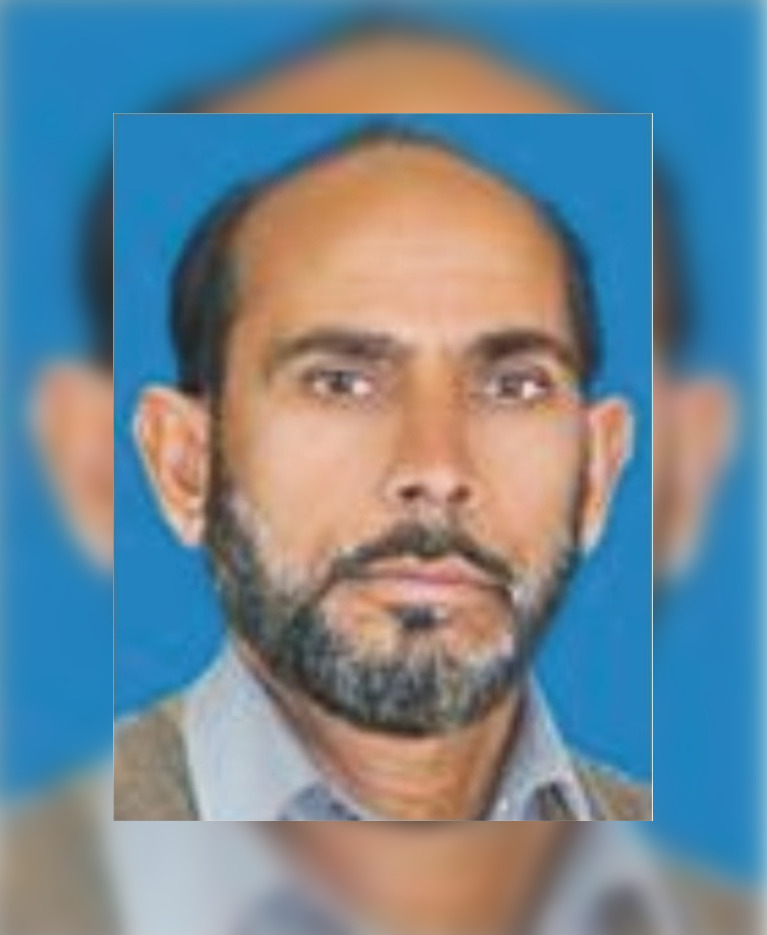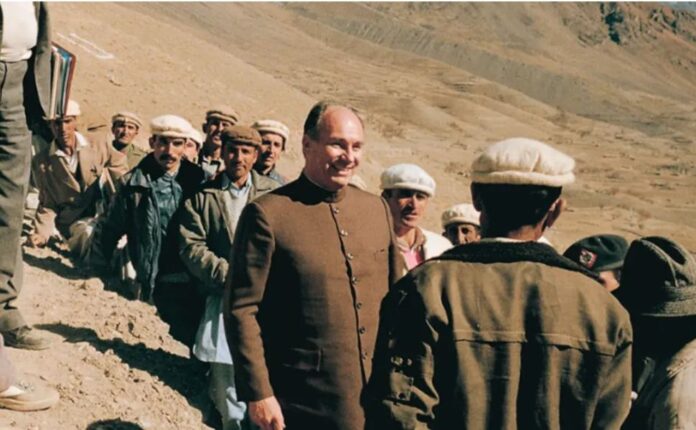Raja Nusrat Ali
The slogan ‘ aik Zardari sab par bhari ‘ implies that Sardar Asif Ali Zardari dominates all others intellectually. This is the slogan of PPP workers, but it holds true to a greater extent. Sardar Asif Ali Zardari is not in politics by choice but out of circumstances. However, he had been implicated in different corruption scandals since the first term of Ms. Benazir Bhutto in office as Prime Minister, but it was more political than something actual. In fact, Mr. Zardari was unduly pursued and blamed for corruption just to upset the marital life of Ms. Benazir Bhutto and damage her political image. Whereas in the existence of article 58-2b and aggressive opposition during nineties Ms. Bhutto had been very careful in the exercise of her powers as Prime Minister. Although there were political ups and downs in the politics of Pakistan People Party partly due to false propaganda of the opponents, and also perhaps the party’s secular aspect which is less attractive than popular in the religion-oriented society like that of ours. However, despite different pressures and targeted false propaganda the family life of the couple remained intact. This reflected the deep mutual understanding of each other and strength of character of the both. In fact, the arrangement of the marriage between Ms. Bhutto and Sardar Asif Ali Zardari was very precisely calculated one. For example, both were highborn, and belonged to landlord and political families of Sindh. The Bhutto family was the founder of Pakistan People’s Party and Sardar Asif Ali Zardar’s father Hakim Ali Zardari had been in PPP since its establishment on 30th November 1967 to his last breath.
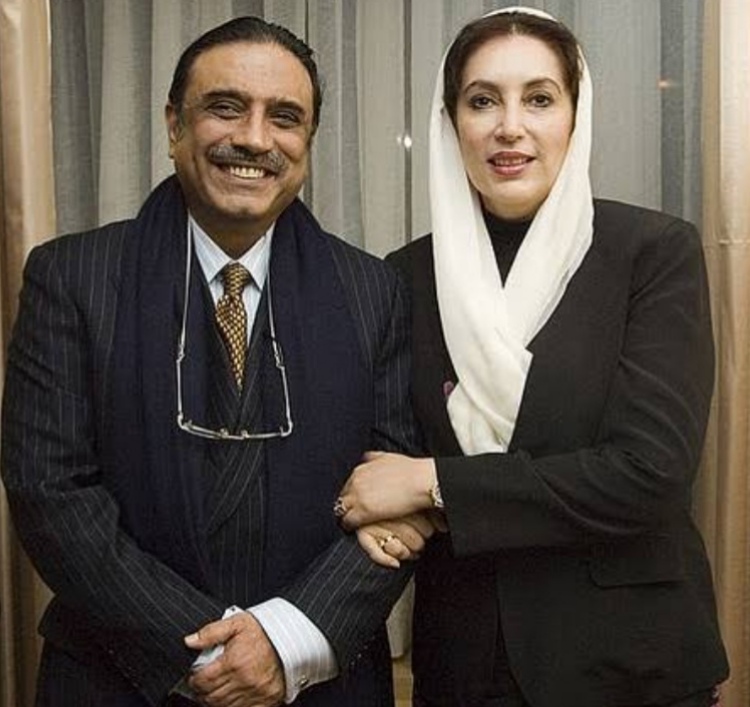
Unfortunately, the politics in the 1990s was very turbulent. Pakistan People’s Party (PPP) and Pakistan Muslim League-Nawaz (PML-N) tussled for power not on the basis of performance but indulged in proving each other corrupt without contemplating its consequences on the society and for the country as a whole. The approach was so unceremonious and thoughtless that not only the leadership of both the parties was implicated in litigation but also it eased the intervention of the military establishment. Such unhealthy politics resulted in the promotion of power politics and thus reducing the scope of the purposeful politics and silencing the sane, visionary and revolutionary voices. Sardar Asif Ali Zardari was the most affected one who was born politician and his role in politics could have been very useful, but Ms. Benazir Bhutto did not involve him much in state matters to avert the blame of nepotism and corruption. Although Sardar Asif Zardari had been the elected member of National Assembly during the first term of Ms. Benazir Bhutto’s premiership, but he remained almost inactive. In her second term of premiership, he was senator and headed the ministry of Investment. Ms. Bhutto knew her husband’s political vision more than anybody else but perhaps, she did not tolerate anybody fingering at her husband for nothing. However, when the responsibilities of the party fell upon the shoulders of Sardar Asif Ali Zardari all of a sudden, he proved himself competent enough for the job. Pakistan People’s Party won majority in the elections 2008 and under the Charter of Democracy Sadar Asif Ali Zardari with the support of Pakistan Muslim League (N) managed to restore civilian supremacy and made President General Pervaiz Musharaf relinquish his office. It was a successful strategy of Sardar Asif Zardari that General Pervaiz Musharraf left the office silently and amicably whereas under NRO General Pervaiz Musharraf was to retain the office for the next term also. Sardar Asif Ali Zardari opted to be president after General ® Pervaiz Musharaf not to enjoy the powers but to undo the constitutional amendments meant to benefit one person. Under the seventeenth amendment General Pervaiz Musharaf could be Chief of Army Staff as well as the president and was empowered to dissolve the assemblies and dismiss the prime minister. The president knew how the said amendment had damaged the democratic and parliamentary spirit of the constitution of Pakistan. So, he managed to introduce 18th amendment in the constitution and thus annulled the 17th amendment, surrendered his powers and empowered the prime minister and the parliament. Also, the provinces were granted more autonomy.
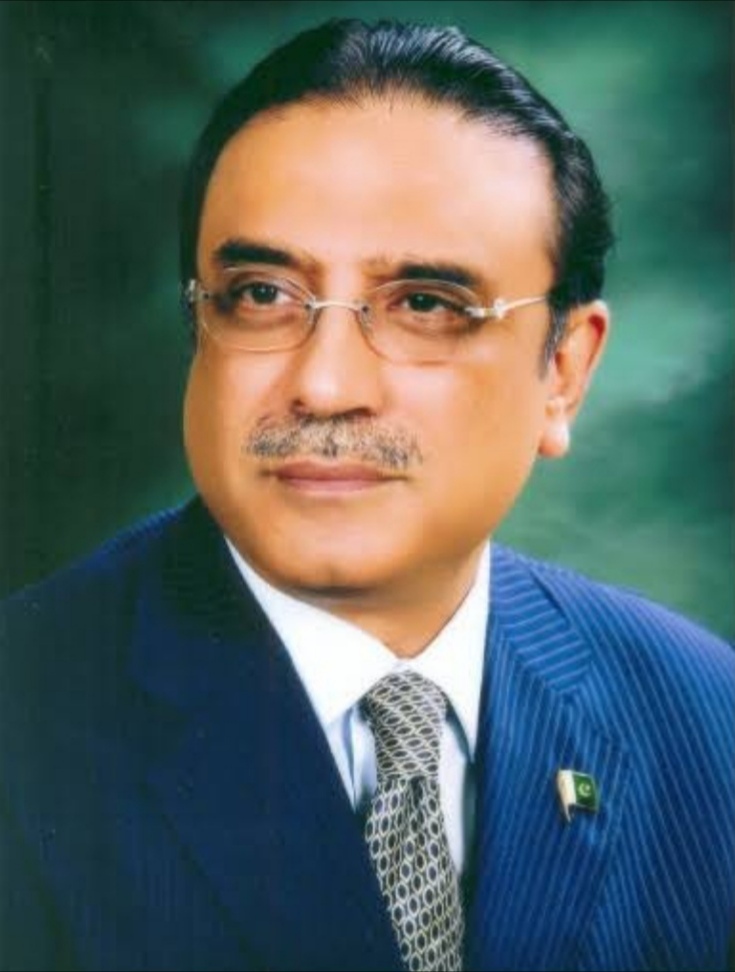
Sardar Asif Zardari is man of extraordinary caliber. He well understands the Pakistani politics and knows his limitations and strengths, so he has been successful in maintaining PPP rule in Sindh since the time he became Co-Chairman of his party. Also, the party possesses leading role in national politics.
Apparently, PPP is a family party, but it is popular for its tangible struggle for democracy. There is no anxiety within the party for its being a family party because of the democratic vision of the leadership. It is evident in the formation of successive governments in Sindh province where chief ministers unlike Punjab do not belong to Bhutto or Zardari family. The fact is that at present the leadership of Bhutto/Zardari family is unavoidable for the survival of PPP in national politics and Bilawal Bhutto Zardari and Asifa Bhutto are ambitious to continue their mother’s model of politics under the tutorship of their role model father.
In his first term as a president Sardar Asif Ali Zardari had difficulties at every step but he made very appropriate decisions. He chose Yousaf Raza Gilani as prime minister from Punjab. He was disqualified by Supreme Court of Pakistan and again he got elected Raja Pervaiz Ashraf as PM from Punjab. Amazingly he engaged Pakistan Muslim League (Q) to avert the blackmailing of MQM and to uphold the majority in the parliament. It was an exceptional decision on the part of Sardar Asif Ali Zardari because Pakistan Muslim League (Q) had a long history of rivalry with the PPP. In fact, it was highness of Sardar Asif Ali Zardari that he introduced tolerance in politics and made it clear that in politics there is no enmity but political opposition. He completed his term in very troubled situation but did not lose patience. The PPP lost in elections 2013 but Sardar Asif Ali Zardari had done remarkable things to stabilize the system.
Sardar Asif Ali Zardari took charge of PPP after the sad demise of Ms. Benazir Bhutto when the situation was very chaotic. The party could have disintegrated, but Zardari’s dynamic leadership managed it. He upheld the slogan of “long live Pakistan” and stood for the strong federation instead of supporting Sindhi nationalism.
Sardar Asif Ali Zardari faced the unprecedented political victimization. He was arrested on politically motivated charges in 1997 and spent seven years in jail till 2004. He faced the cases patiently and manly. Unlike PTI leadership he did not make any maneuver at the cost of national prestige and interest for his release.
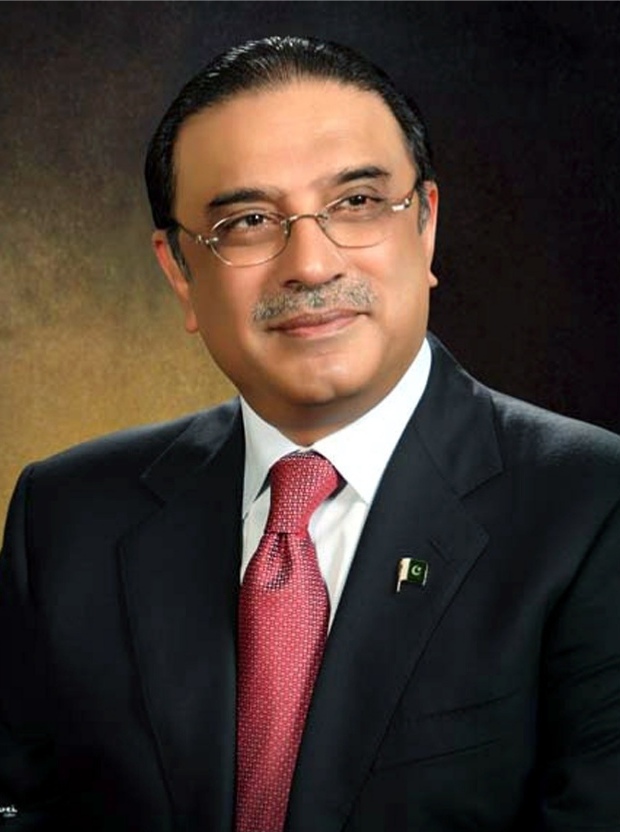
Apparently, the president is a constitutional head of the state but Sardar Asif Ali Zardari is important in many ways. He heads Pakistan People’s Party which possesses sizeable representation in the parliament and is also coalition partner of Pakistan Muslim League (N) in the Centre. At the moment the challenges for the government are to bring the country to political and economic normalcy and counter the politics of waywardness. This is common cause for both PPP and PML(N). So, both parties are required to work with long term better understanding. President Asif Ali Zardari can exercise his influence in Baluch circles to resolve issues with Baluch Nationalists and also, he can be engaged to bring harmony among the provinces to overcome the crucial problems like national security, energy and so on. President Asif Ali Zardari possesses the ability and experience to trouble-shoot issues provided he is trusted and involved by Pakistan Muslim League (N) in larger national interest. President’s initiatives will be welcomed by the small provinces and his complaint of having different domicile from that of Nawaz Sharif will also be addressed automatically.
………………………………………………………………………………………………………………………………


